
Lipid Management
Advertisement
This structural discovery is a step toward the development of next-generation therapies to modulate LDL.
Patient outreach with bulk ordering may result in higher lipid screening uptake than usual care.
A study found a comparable reduction in LDL-C with statins and bempedoic acid in patients with and without ASCVD.
Researchers have developed a machine learning model which can identify people who are likely to have elevated Lp(a).
Bempedoic acid treatment is similarly effective at lowering low-density lipoprotein cholesterol compared with statins.
The CardioNerds and colleagues address the topic of familial hypercholesterolemia.
Women with cardiovascular disease are treated with cholesterol-lowering therapies less often than men.
Researchers assessed the impact of 4 diet programs—vegan, Mediterranean, Paleolithic, and DASH—on cardiovascular risk.
US veterans have a disproportionately high risk of atherosclerotic cardiovascular disease and a low adherence to LLT.
Older firefighters may have more thrombotic risk factors that contribute to a higher risk of coronary heart disease.
Distinct variations of coronary artery calcium-derived coronary artery heart disease exist among retired NFL players.
A remote, algorithm-based program is effective at helping patients achieve optimal LDL-C levels for at least 12 months.
Cynthia Miller, MD, MPH, FACP, discusses why early Lp(a) screening may help prevent cardiovascular disease.
Elevated lipoprotein(a) increases the risk of major adverse cardiovascular events independent of ASCVD risk scores.
The following article was written by Dr. Alaa Diab as a CardioNerds Conference Scholar for
...
High cholesterol is a major risk factor for heart disease, which affects nearly 94 million Americans and is the leading ...
DocWire News recently spoke Dr. Suzanne Steinbaum, cardiologist, published author, and womens’ wellness advocate. Dr. ...
A literature review uncovered a significant scarcity of cost-of-illness studies on the economic impact of familial ...
Elevated levels of the lipid ceramide, which increase mortality risk for cardiovascular disease, were held in check by ...
A new analysis suggests that omega-3 fatty acids eicosapentaenoic acid (EPA) and docosahexaenoic acid (DHA) failed to ...
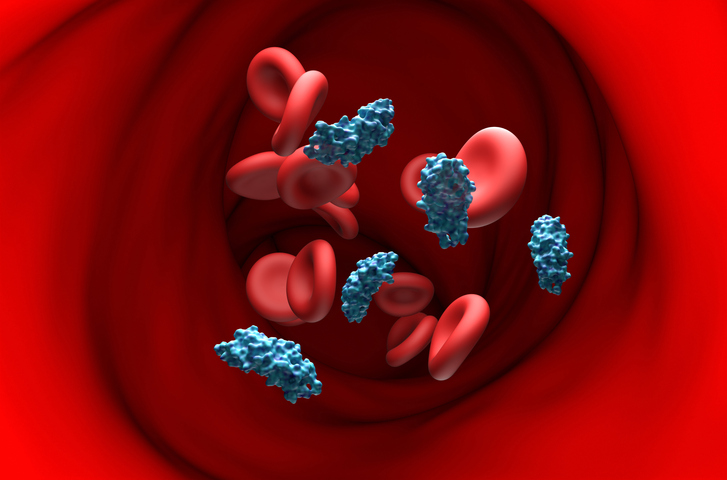
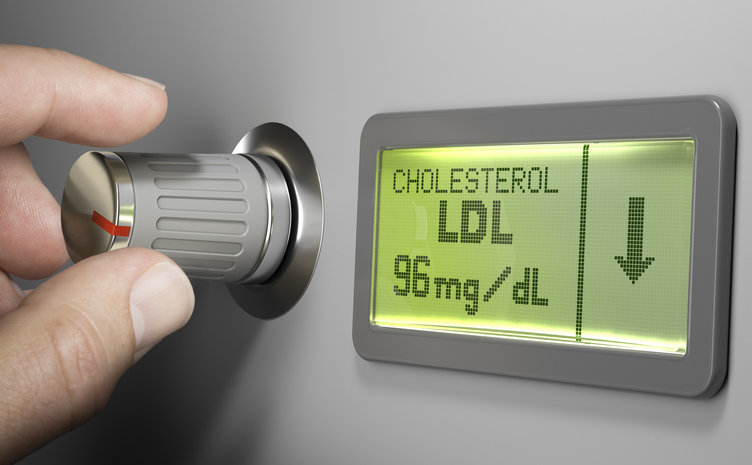


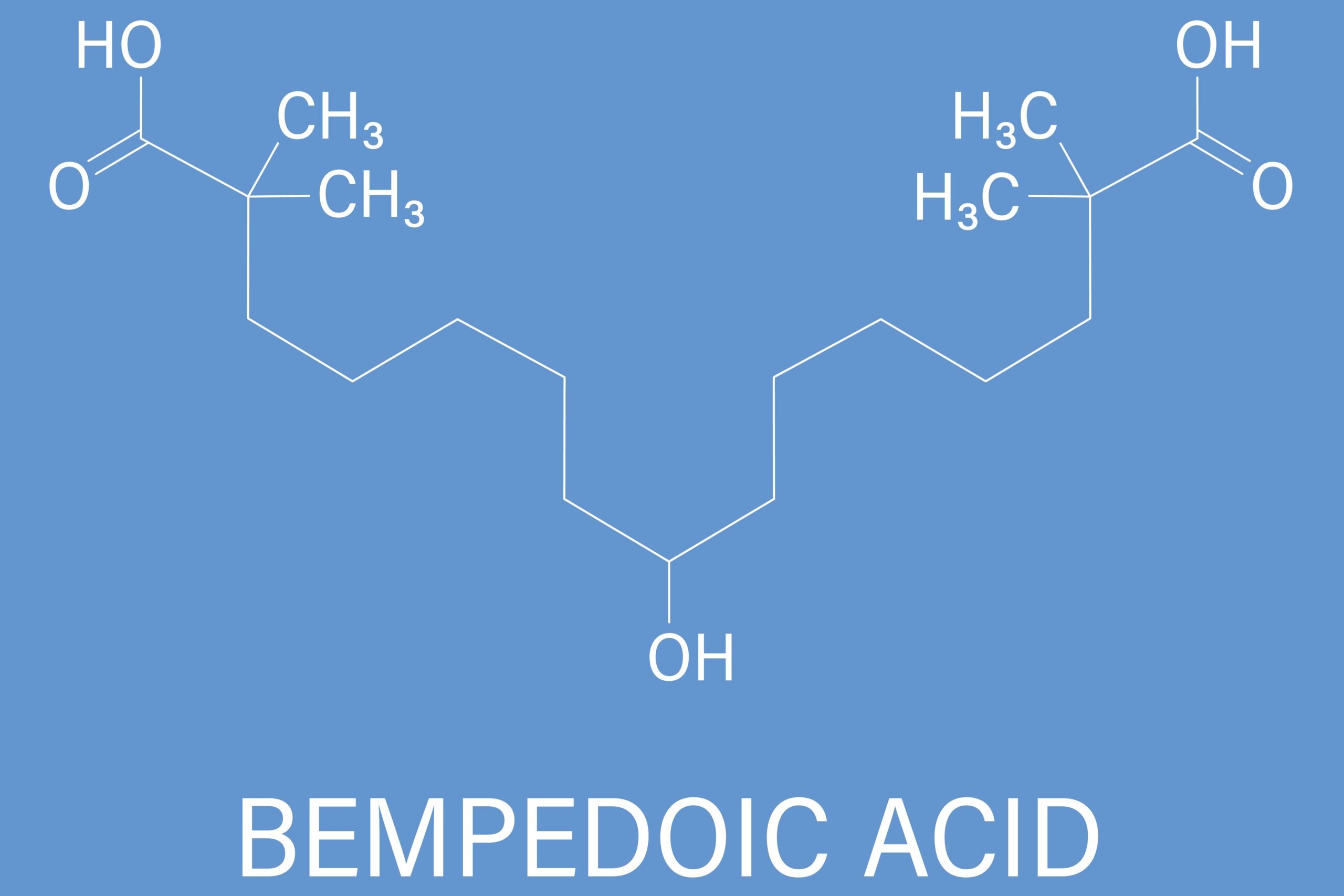
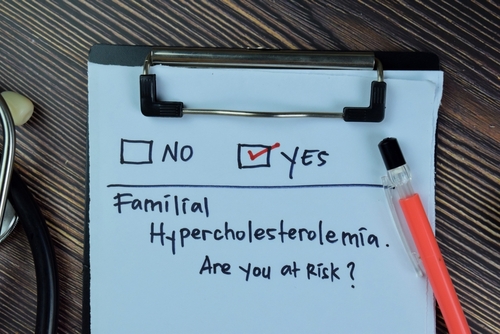





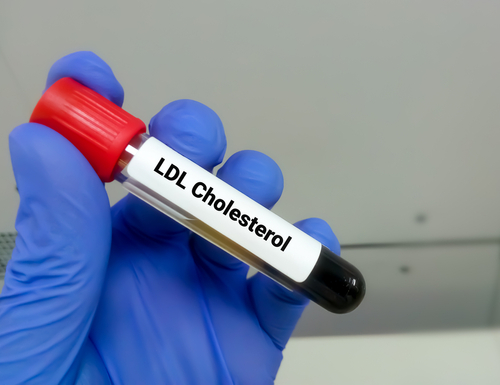

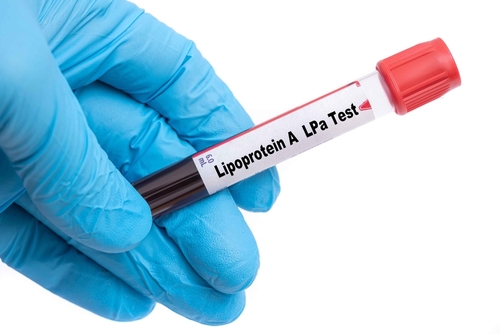



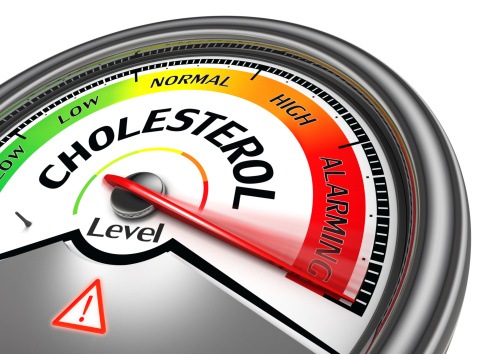



 © 2025 Mashup Media, LLC, a Formedics Property. All Rights Reserved.
© 2025 Mashup Media, LLC, a Formedics Property. All Rights Reserved.